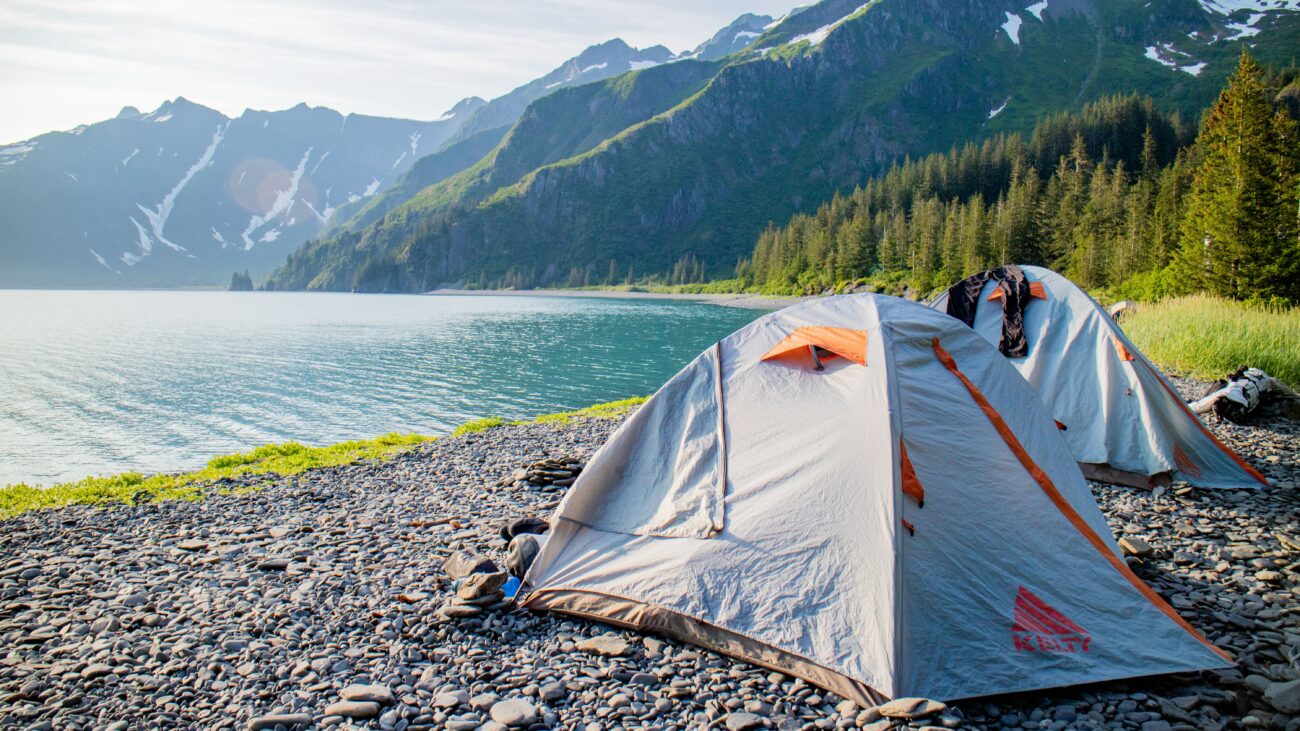Preparing for an outdoor traveling with tents

Introduction
There’s nothing quite like getting outdoors and enjoying the fresh air. Whether you’re camping, hiking or biking through the forest, there are a few things that you should always have with you to ensure your safety and comfort.
Make sure you have the necessary supplies.
- Make sure you have a tent.
- Make sure you have a sleeping bag.
- Make sure you have a portable stove and fuel for it, if necessary (or use wood fires).
- Make sure to pack all the necessary first aid supplies, including bandages in various sizes, antiseptic wipes and ointments for cuts and scrapes, moleskin for blisters on feet or hands (the best kind!), etcetera…
Pack light.
It’s important to pack light. When you’re carrying your own gear, every extra pound translates into more energy wasted and less time to enjoy the trip. If you’re traveling by foot or bike, that means more miles and higher fuel costs; if you’re driving, it means less gas mileage and more frequent stops at gas stations along the way.
So how can you make sure that your pack stays as light as possible? The first step is simply being aware of what’s in your bag before leaving home–and making sure that everything has its place there! Make sure each item has its own pocket (or at least a spot) so that when it comes time for repacking after washing up or changing clothes somewhere else along the route, nothing gets lost inside other items or lost altogether because it wasn’t properly packed away in the first place:
Don’t forget your ID.
- Don’t forget your ID.
- Your ID is the most important thing to bring along with you on all trips, whether it be as simple as a trip to the grocery store or an outdoor adventure. If something were to happen while traveling in a tent and someone needed information about who was there and what happened, having an ID will help prove that person’s identity. Without one, they would not be able to prove themselves and could even be arrested!
Bring enough food and water.
As you’re packing for your trip, it’s important to consider how much food and water you’ll need.
Food: Pack lightweight foods that are easy to prepare and eat without a lot of fuss. Think granola bars or trail mix instead of sandwiches or burgers. You’ll also want to bring plenty of snacks so that everyone can munch during breaks in the action.
Water: Make sure everyone has enough water for the trip–especially if it’s going to be hot outside! If there isn’t a convenient source nearby where people can refill their bottles (or if there is but it might not be safe), bring along some water purification tablets just in case there aren’t any other options available when the time comes for refills. Also consider bringing along one large container full of clean drinking water so everyone has access whenever needed throughout each day; this will make life easier than having multiple smaller containers all over camp at once trying figure out whose turn it is next time around.”
Have a backup plan if things go awry.
- Have a backup plan if things go awry.
- Make sure you have an emergency kit with you, and that it contains everything you might need in an emergency situation.
- Think about what will happen if something goes wrong. For example, what if your tent gets damaged? Or what if you get lost? What are some ways to solve these problems?
Always be prepared for an outdoor adventure.
Always be prepared for an outdoor adventure. You never know what might happen, so it’s best to have everything you need with you at all times.
- Bring a first aid kit with bandages and ointments in case of cuts or scrapes.
- Always carry a map and compass to help guide yourself back home if needed.
- Bring a knife in case there is any sort of emergency where you may need some kind of cutting tool (such as cutting away clothing after being caught on barbed wire). You can also use this knife as protection against wild animals if they become aggressive toward you while camping out in the woods alone without anyone else around who could help defend yourself against them should they attack! It’s always better safe than sorry when it comes down do protecting yourself from potential dangers out there during these kinds activities which might require having access tools like these ones mentioned above.”
Conclusion
As you can see, there are many things to consider before embarking on an outdoor adventure. Whether it’s hiking, camping or just going for a drive in the countryside, being prepared for any situation will help ensure that your trip goes smoothly. Always remember the basics: pack light; bring enough food and water; have a backup plan if things go awry; make sure everyone has ID on them at all times; etc. These tips will help ensure that when it comes time for your next outdoor excursion, everything goes off without a hitch!
